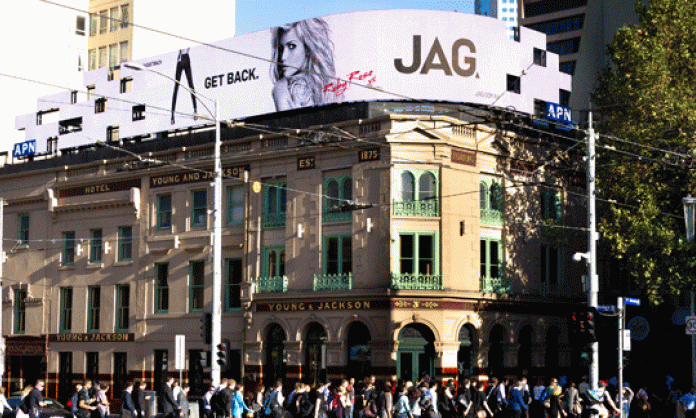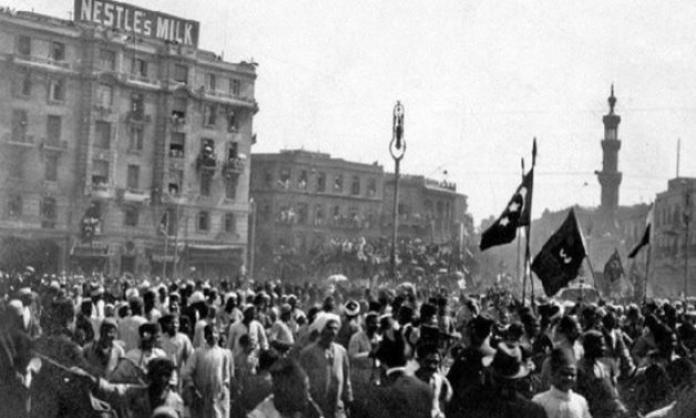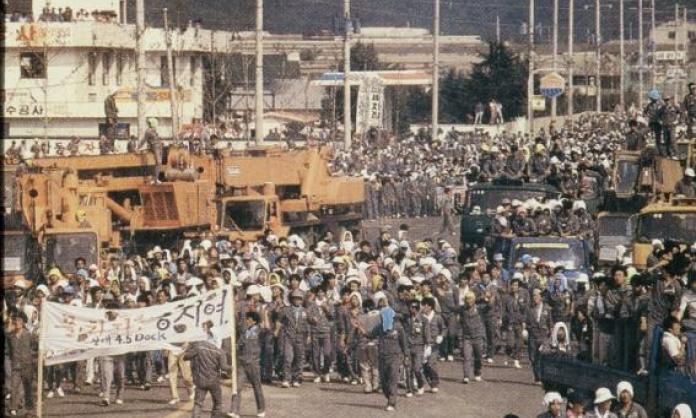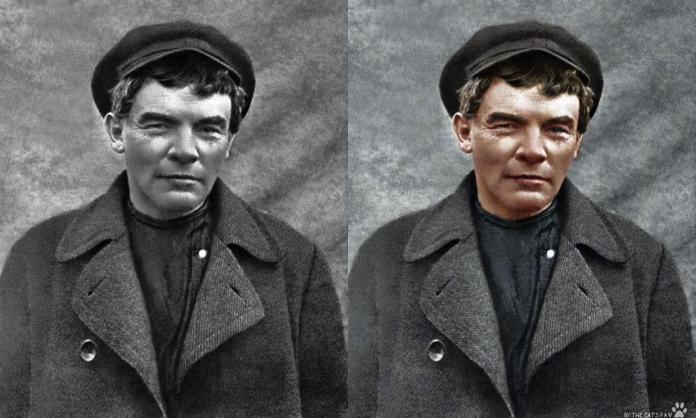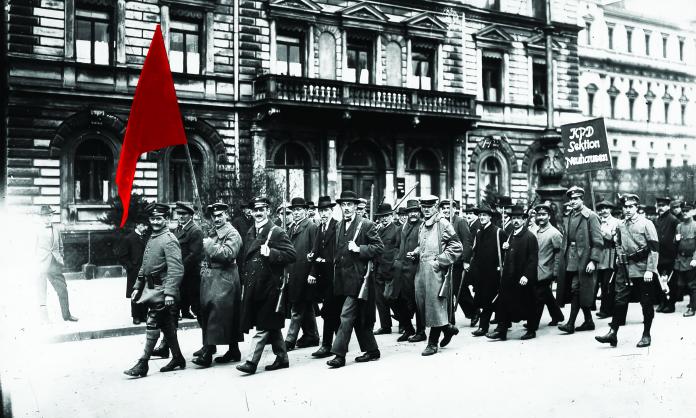If you stand on the corner of Swanston at the eastern edge of Melbourne’s Bourke Street Mall, advertisements assail you from every direction. Opals, wigs, Western Union, city chic, Target, Priceline, Portmans, Dom, Tarocash, Swarovski … I count more than 75 from this one spot.
This is public space colonised by private commerce. Look up and there are bank and telecommunications companies beckoning; below, Jean Paul Gaultier is stuck firmly to the footpath. Harry Kewell –black tie, cufflinks and an expression channelling a constipated Pierce Brosnan (or just Pierce Brosnan) – has inhabited the south-west corner for years promoting Politix, a men’s fashion outlet.
Twenty-four seven, there’s Harry Blank Stare appearing slightly porcelain but not as contrived as the woman on the Adidas wall. Surely no one can look so sultry and ready for bed in the middle of serious cross training.
In the course of 15 minutes, another 21 adverts are thrust into my consciousness as trams glide by. Even public transport has become a series of rolling billboards. Christmas stars and bells hover above in the mesh canopy stretching the length of the block. Already it feels like they’ve been here an eternity. Then there are the jingles – in the shops, over the loudspeakers, from the buskers.
Most things unrelated to retail are crowded out. Whose voice can be heard here? Whichever corporation has the greatest amount of money to buy the greatest amount of space. Almost every inch of the city is designed and constructed for enterprise.
Today I have stopped specifically to pay attention, which is why it is so affecting. Most other times the visual noise is hardly noticeable because, like everyone else, I have become adept at filtering most of it out. Or so I might think. The point of the advertising is not simply to make us aware of the products and services available around here. It is to shape thoughts and expectations.
Some people say that companies create only false needs. That’s plainly not true. Many of the needs are real – food, clothes, phones, little niceties that, when given as gifts, make people feel loved or appreciated. Don’t ever fall for the faux radical who lectures that buying special china for your nana makes you a slave to the system. That’s just hopeless empty-speak with nowhere to go.
The problem with advertising is not simply in the products it pushes (they have their own problems, as we all know), but in the manipulation of needs and the suggestion that desires can be fulfilled through commercial transactions.
From the vantage point of this corner, it is striking how people with Vodafone seem positively happy. How clean and trustworthy HSBC appears. How a woman’s world can be totally transformed by the sort of jewellery that most working class people can’t quite afford. How the Lovisa model appears deeply satisfied by everyone seeing as much of her inner thigh as public decency will allow. Everyone’s complexion is flawless. We can become the success, the fulfilment or the perfection that the adverts display, if only we buy the products.
Out of the glossy poster and back on the street, none of us real people, apart from a few suits strolling by from Collins Street or the legal precinct perhaps, fit at all in these ads. We’re not supposed to. It’s a false world.
With a little patience and effort, perhaps everything can be made real again.




